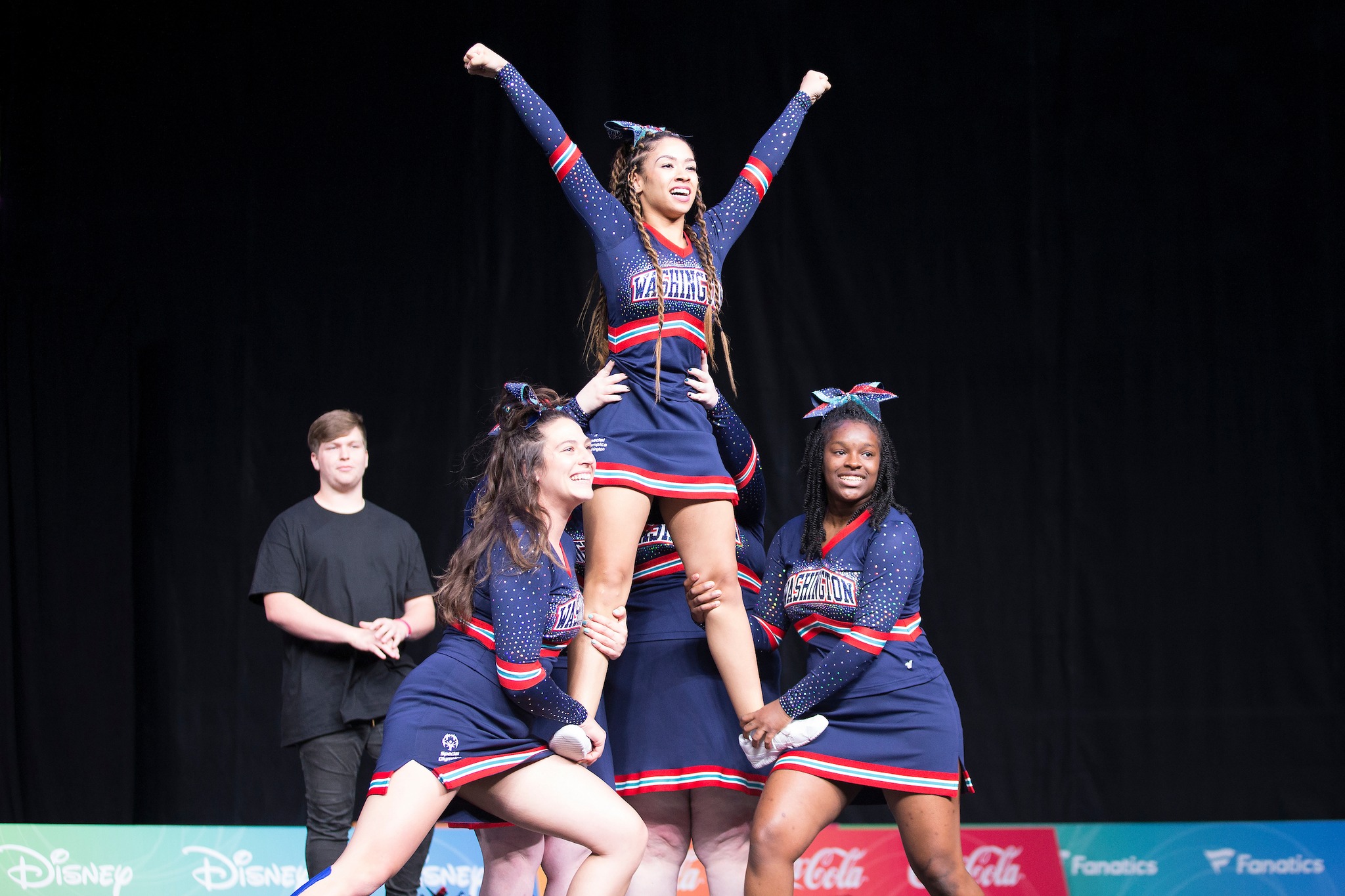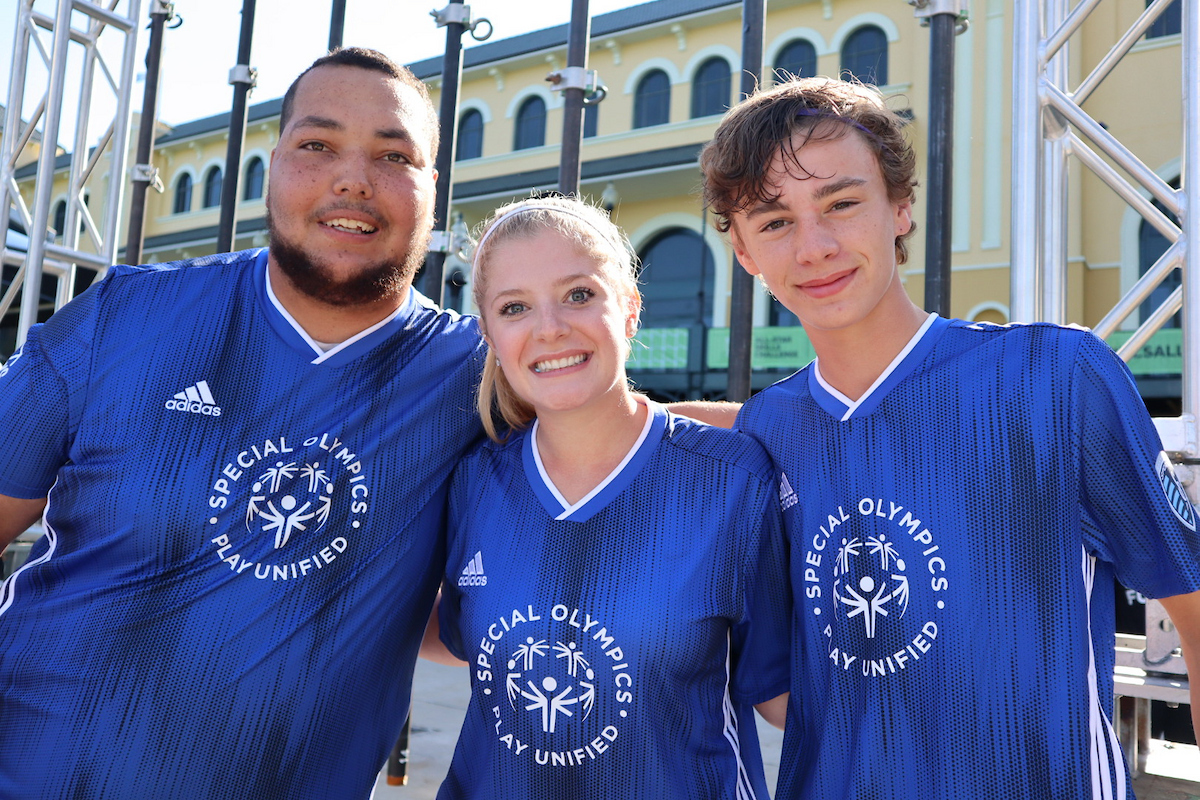That’s a question Japanese Olympic hopeful Ayumu Saito gets asked way too often.
She gets it. It’s one of those Olympic sports that has to be explained to people every four years. Even Saito, who has been a modern pentathlete since she was a fourth grader, thinks the multidiscipline event takes too long and can be stressful to watch.
But the 28-year-old is hoping that will change between now and the next Summer Games in 2028, when modern pentathlon undergoes a dramatic transformation in an attempt to make the relatively obscure sport a hit with spectators and TV viewers, while also addressing concerns about the treatment of horses.
Saito is also hoping another strong Olympic showing by a Japanese modern pentathlete — after Taishu Sato won silver in the men’s event at the Paris Games for Japan’s first-ever Olympic medal in the sport — will draw more eyeballs to her sport.
Modern pentathlon went from being a five-day event from 1912-1980 to a four-day event in Paris, where the semifinals and finals were condensed into a 90-minute TV-friendly format.
Until now, it consisted of five disciplines in four events: fencing, swimming, equestrian show jumping and a combined event of laser pistol shooting and cross-country running. But when it is contested in Los Angeles, there will be no horses. Instead, athletes will compete on an obstacle course based on Japan’s hit sports entertainment reality show, “Sasuke,” known in the U.S. as “American Ninja Warrior.”
Ayumu Saito competes on an obstacle course during the 2024 nationals for the discipline. Starting with the 2028 Games in Los Angeles, Olympic pentathletes will compete on an obstacle course based on Japan’s hit sports entertainment reality show, “Sasuke.”
Ayumu Saito competes on an obstacle course during the 2024 nationals for the discipline. Starting with the 2028 Games in Los Angeles, Olympic pentathletes will compete on an obstacle course based on Japan’s hit sports entertainment reality show, “Sasuke.” | Courtesy of Ayumu Saito
A rope swing, over-under-through, rings, balance beams and a warped wall were among the obstacles used in the first official test event held in Turkey in 2022.
The decision to swap horse riding with Sasuke-type obstacles was prompted in part because of animal welfare concerns after a coach on the German team struck a horse during the Tokyo Olympics. The change in format likely saved the sport’s status at the Games.
“I was bummed when I first heard the news because I’ve been riding for so long and I was quite good at the equine portion,” Saito said. “But now I’m focusing on the good things. Everyone loves Sasuke and the inclusion of obstacle racing is a chance to introduce our sport to a new generation of young people.”
When she’s not training, which isn’t often, Saito is either resting or modeling. Getting featured in fashion magazines is a way for Saito to promote the sport and get her name out there. She says she’s tired of seeing the same faces — family and friends of athletes and officials — at competition venues, and she’s eager to attract new fans to modern pentathlon.
“Many people know me as the Sasuke contestant,” said Saito, who was on the program that aired last Christmas. “Either that, or they’ve seen me in a magazine. So the word is spreading. When you bump into someone who’s not an athlete but knows what modern pentathlon is, that’s progress.”
Modern pentathlon was created by Baron Pierre de Coubertin, the founder of the modern Olympic Games, to replicate the experience of a 19th-century cavalry soldier behind enemy lines. It is the only sport made specifically for the Olympic Games.
Saito and Sato are two of only around 50 people in Japan who participate in the sport.
Taishu Sato celebrates after earning silver in the men’s modern pentathlon event at the Paris Olympics, in Versailles, France, in August 2024. Sato’s medal was the country’s first in the multidiscipline sport.
Taishu Sato celebrates after earning silver in the men’s modern pentathlon event at the Paris Olympics, in Versailles, France, in August 2024. Sato’s medal was the country’s first in the multidiscipline sport. | Reuters
Saito’s father, Hiroshi Saito, competed in modern pentathlon at the Seoul Olympics and later became a national team coach, which inspired his daughter to dream big. By junior high school, Saito was competing in international events and hoping to one day become an Olympian herself.
Saito said many pentathletes in Japan are police officers or SDF members, and they start by specializing in one or two sports through high school or college before eventually adding the other disciplines. But she got a head start as she was running on a track team and swimming in a club in her early teens, when she also rode horses and fenced during long school breaks.
At one point she considered focusing on fencing only because she was so good at it, but she decided she didn’t want to just choose one sport.
“You have to be pretty skilled in all five disciplines, but I’m best at fencing. It’s a great sport for people who are all-around athletes and get bored of doing the same thing,” Saito said. “The ending is easy for spectators to follow because the highest scorer in the first four events starts the final event (laser run) first, and whoever crosses the finish line first wins.”
Because of its relative obscurity, finding training facilities can be a barrier to entry for athletes in Japan.
Saito lives in Tokyo with her father, who is also her coach, and travels by train from venue to venue in order to practice, including to Chiba Prefecture for access to an obstacle course.
At one point Ayumu Saito considered focusing on fencing only because she was so good at it, but she decided she didn’t want to just choose one sport and continued with modern pentathlon.
At one point Ayumu Saito considered focusing on fencing only because she was so good at it, but she decided she didn’t want to just choose one sport and continued with modern pentathlon. | Courtesy of Ayumu Saito
Qualifying for the Olympics as a modern pentathlete is never easy. But this time, competition will be even more fierce.
Pentathletes will be competing for fewer spots at the next Olympics, with a reduction in quota places from 72 in Paris to 64 — 32 men and 32 women — in LA.
“It’s not going to be easy. But I think I’ll have a good chance if I can improve my running and swimming skills,” said Saito, who missed out on Paris Olympics selection in favor of 2022 national champion Misaki Uchida. “I didn’t enter any competitions in Japan last year but I won the nationals in 2023, so if I can do that again I’ll be in a strong position to qualify.”
In order to stay present in high-stakes moments, Saito listens to music and gets her nails done.
“I admire modern pentathletes who look like they’re having fun while competing. Much of the game is mental. The calmer your mind, the better you perform,” Saito said.
“I like to show my non-athlete side on Instagram because I want my followers to see that I play just as hard as I work, and that I have balance in my life. I want people, especially kids, to take interest.



